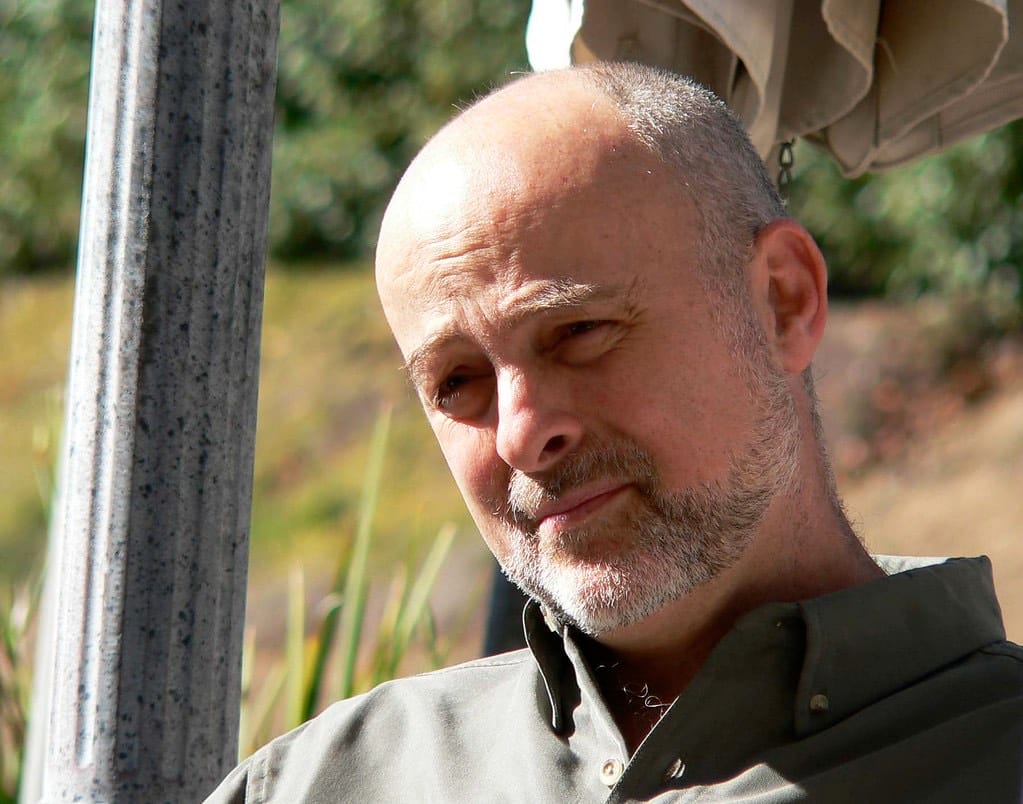‘Massive Infrastructure Spending’ Needed to Get Out of Pandemic Rut, Expert Says
David Brin said infrastructure spending key for economic recovery — and the future of the workplace.

July 8, 2021 — Infrastructure spending by world leaders is the only true solution for economic recovery and adaptability in an increasingly online workforce, argued Epocene Communications Owner David Brin at an Atlantic Council event Wednesday.
“The only kind of massive expenditure that can get us out of the depression — and is what people have been talking about for 10-15 years and delayed — [is] massive infrastructure spending,” Brin said.
Teleworking has created flexibility and created new job opportunities, with hybrid work structures attracting and retaining diverse talent. But technological advancement should go further, focusing on “meetingware and collaborationware,” Brin said.
Forty percent of the global workforce is considering leaving their jobs this year, according to a report from Microsoft. Another survey said that about the same number of workers would consider quitting if their employer forced them to return to the office full-time.
The recently approved infrastructure plan allocating $65 billion dollars toward broadband infrastructure is being viewed as a “down payment” by many experts who, like Brin, see the benefits of the large investment.
Decision-makers in the corporate sector are reimagining the future of the workforce in terms of physical spaces to better accommodate hybrid work environments. Brin predicted this in an April event, saying that the future would likely involve managers using satellite offices to check-in but with the majority of work being done from home.
“Over the past year, no area has undergone more rapid transformation than the way we work,” Microsoft CEO Satya Nadella said. “Employee expectations are changing, and we will need to define productivity much more broadly — inclusive of collaboration, learning and wellbeing to drive career advancement for every worker, including frontline and knowledge workers, as well as for new graduates and those who are in the workforce today. All this needs to be done with flexibility in when, where and how people work.”
Brin said investment in infrastructure and remote-work technologies would lead to a healthy, expanding economy following the recession.
“What it does is plow money straight into the working class, who spends it immediately and you get a high money velocity,” said Brin.








